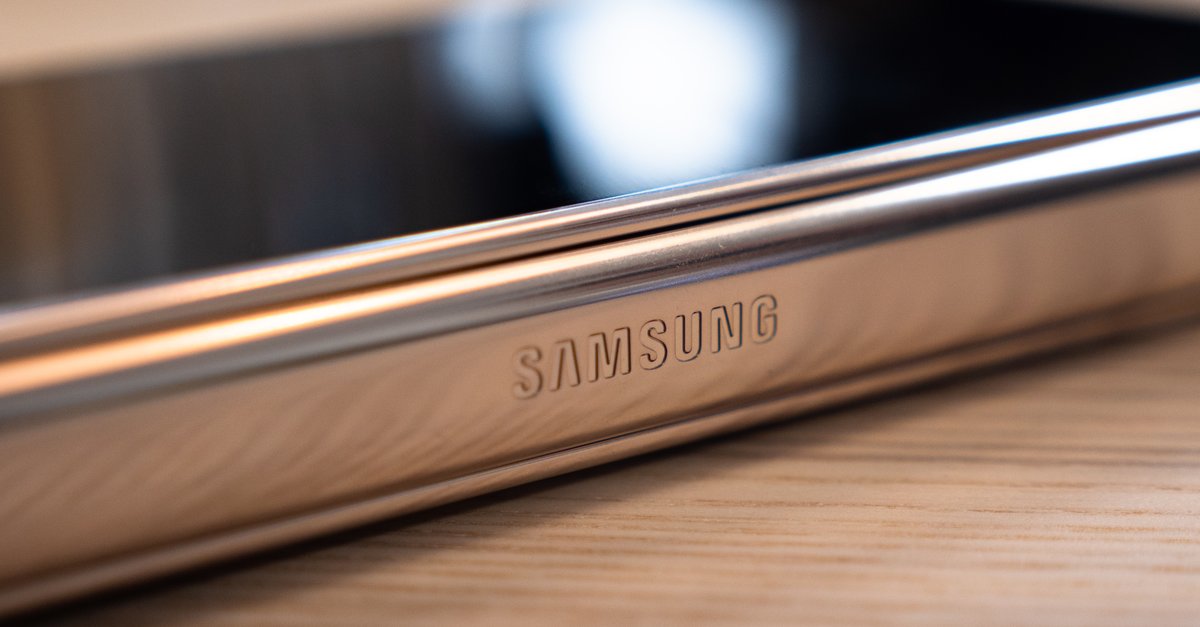Facebook and Michigan State University want to better recognize deepfakes
Deepfakes are likely to become an increasing problem on the Internet in the next few years. In the meantime, algorithms can already perfectly project faces onto other people’s bodies or even invent personalities; the human eye usually does not recognize the difference between an original or a fake. In the fight against such a technology, Facebook has now joined forces with Michigan State University.
In order to identify deepfakes, fake images are to be analyzed and conclusions to be drawn about the corresponding algorithm. Because every software has certain properties in its architecture, which are referred to as hyperparameters. Simply put, this is the algorithm’s unique fingerprint. Conclusions about the origin can be drawn from the results.
The identification of the fingerprint is so important precisely because deepfake software is extremely easy to adapt. People with wicked ulterior motives could obscure their activity and create deepfakes that are increasingly difficult to detect. But if you have the fingerprint of the algorithm, conclusions can be drawn about a person in the course of investigations and, in the case of a procedure, the origin can be determined.
The whole thing could one day be used on Facebook’s various social networks, innovations in this area are urgently needed. Today’s systems can recognize deepfakes, but the reliability is often a maximum of 65 percent. This is already a good start, in order to protect users from dangerous content in the future, however, detection rates of well over 90 percent are required.
Own opinion:
So far, deepfakes have rarely appeared in reports, but it is still astonishing what detailed forgeries a computer can already generate today. As the software gets better and better, the subject area should come more and more to the fore, I am curious to see whether we can do enough in the fight against counterfeiting. Because social media are already a rough place today.
Via The Verge




